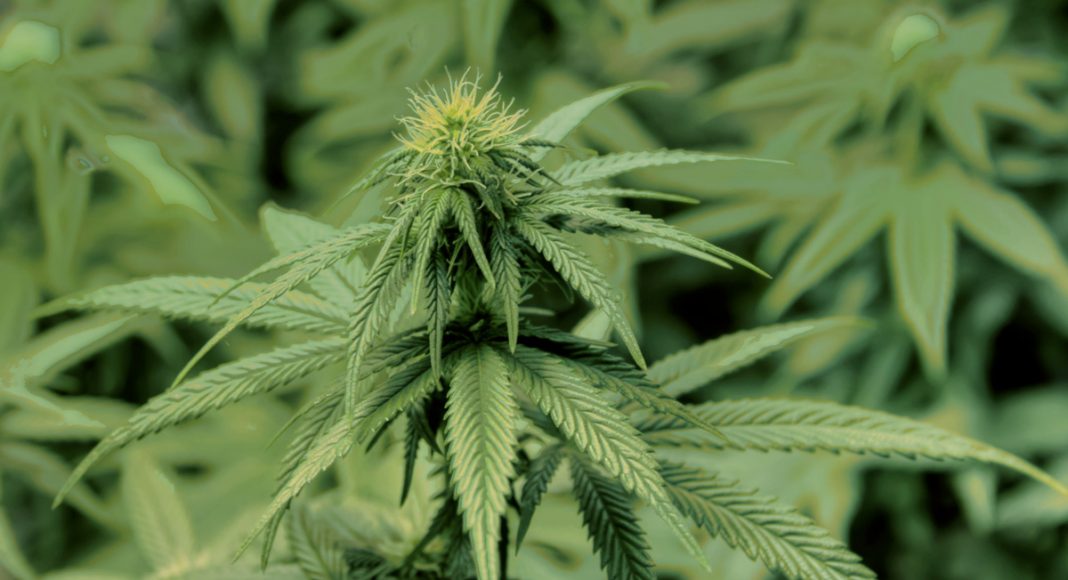The study “Risks and Benefits of Marijuana Use: A National Survey of U.S. Adults” was released on the 24th and has gotten some attention for its provocative stance that cannabis is only scientifically proven to aid in a few conditions, while Americans at large see the plant as having multiple benefits, including health related preventative measures.
The first problem with the study is that other studies that would either legitimize their findings or render them moot aren’t, for the most part, able to be seen through. Cannabis is a Schedule I drug, a classification that is a vestige of the failed Drug War and a barrier that must be brought down to have an intelligent conversation on the topic – following many, many more studies.
-
Related Story: New Cannabis ‘Concussion Pill’ Showing Success
However, even though the researchers were disheartened by the ‘overly optimistic’ outlook the general public has regarding cannabis, they’re raising the level of conversation and given more pro-cannabis scientists counterpoints to work with.
Though there may not be concrete evidence of cannabis having dozens of healthy benefits, there is certainly a lot of anecdotal evidence, and again, those anecdotal proofs cannot be tested because of cannabis’ classification as being on the same level as heroin.
Scientists argue that people are in denial about the addictive properties of cannabis and though the study showed that around 91 percent of those surveyed believe that cannabis has at least one risk, the number one risk named was legal problems, so again, a favorable outlook on cannabis, just not how it’s handled across the board.
-
Related Story: Is Smoking Marijuana The Key To Happiness?
The study’s conclusion is this: “Americans’ view of marijuana use is more favorable than existing evidence supports,” and they are technically right. Science is a beautiful thing and if cannabis proponents truly believe that marijuana has more medical benefits than have yet been proven by science, they should welcome further studies.
First cannabis needs to be de- or rescheduled in order to even the playing field a bit, then we can talk more candidly about what the, yes, beneficial plant really has to offer. In my humble opinion, it’s going to be a pleasant conversation indeed and scientists will be working double time to study the plant of the hour.


